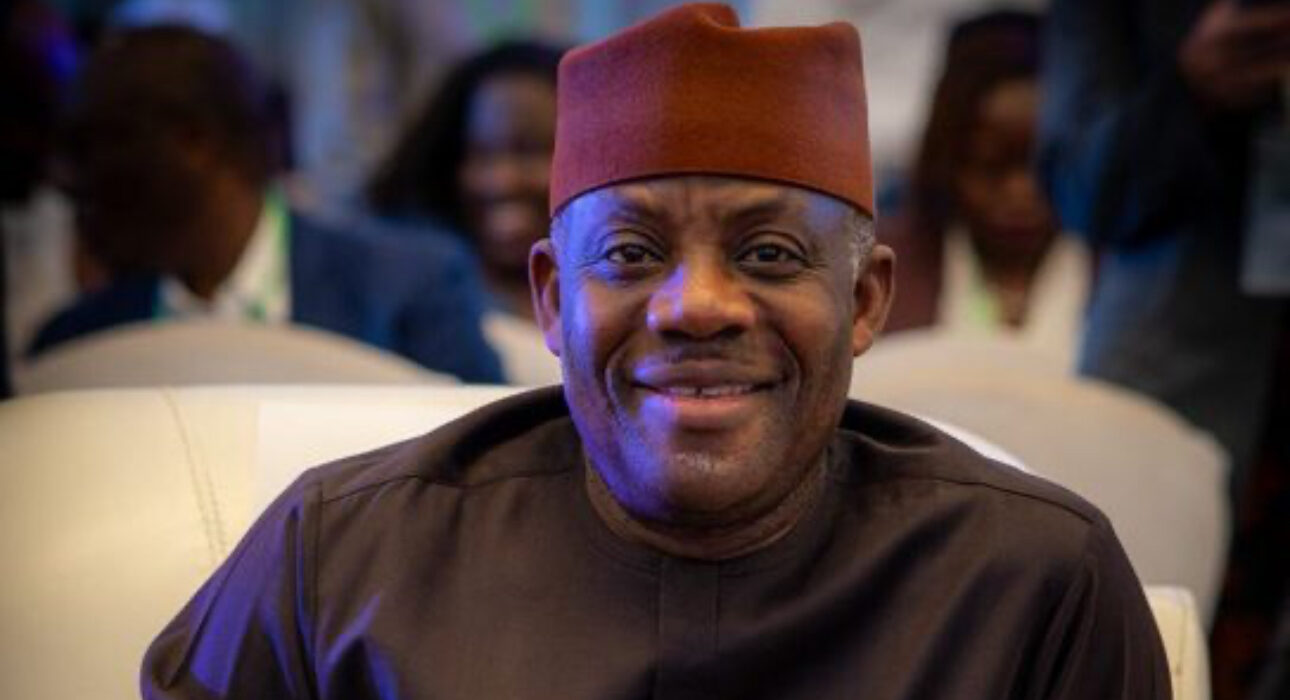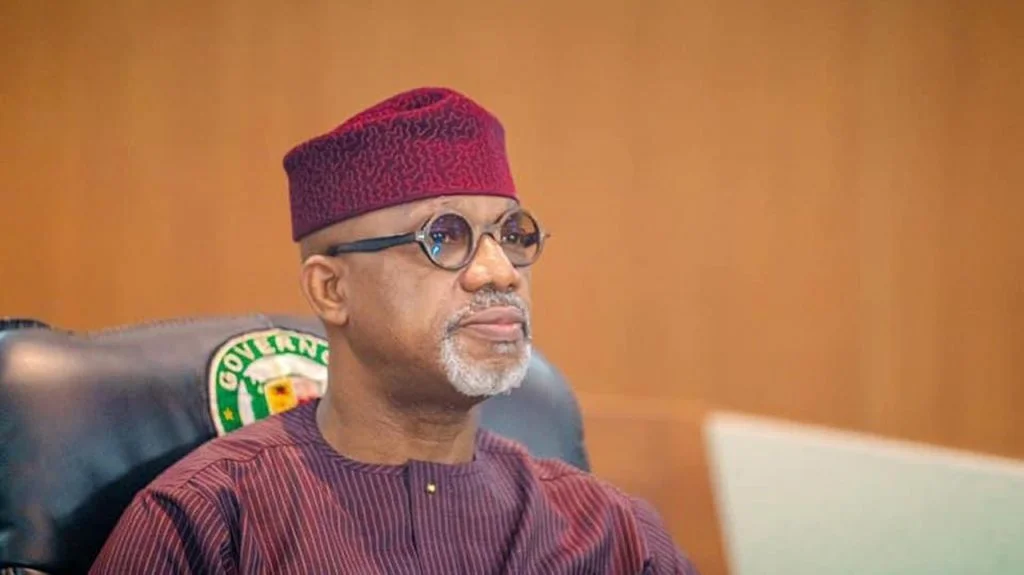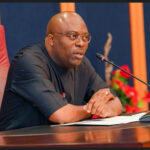FG Makes History Compulsory in Primary, Secondary Schools

The Federal Government has directed that History be taught as a compulsory subject in all primary and secondary schools across the country, beginning with the 2025/2026 academic session.
Minister of Education, Dr. Tunji Alausa, confirmed the development during a policy briefing, stressing that the decision followed President Bola Tinubu’s approval for a curriculum overhaul aimed at strengthening national identity and civic values.
According to him, the reintroduction will ensure that Nigerian children grow up with a proper understanding of the nation’s past, its struggles, and its achievements.
History was controversially removed from the basic education curriculum in 2009, a move that drew widespread criticism from scholars, civil society groups, and cultural advocates.
For years, stakeholders argued that the absence of the subject created a gap in national awareness and civic consciousness among younger Nigerians.
The government had previously begun steps to restore History in 2022, when about 3,700 teachers were selected for training across the 36 states and the Federal Capital Territory.
The latest directive goes further by making the subject mandatory at all levels of basic and secondary education.
As part of the curriculum restructuring, pupils from Primary 1 to Junior Secondary School 3 will study History as a standalone subject, while at the senior secondary level, a new course titled Citizenship and Heritage Studies will merge aspects of History, Civic Education, and Social Studies.
Education experts and cultural advocates have welcomed the policy, describing it as a vital step toward restoring civic pride and fostering unity in Nigeria’s multi-ethnic society.
However, concerns remain about implementation, particularly the availability of qualified teachers, access to updated textbooks, and the need to ensure the curriculum reflects diverse regional and cultural perspectives.
With the rollout expected in the coming school year, the Ministry of Education says it is working with examination bodies, curriculum developers, and state governments to ensure a smooth transition.









